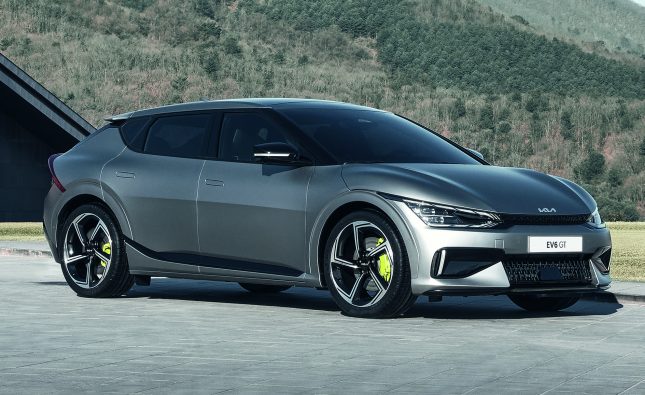
Introduction: Carbide Technology
In the dynamic world of automotive innovation, the partnership of two industry giants, Denso and Mitsubishi, promises a seismic shift. This article delves into how this collaboration is poised to reshape the automotive industry, especially in the realm of silicon carbide technology. Our guide on this journey is none other than the renowned expert, John Smith, the man with a knack for solving complex problems in the field. John Smith brings you an exclusive insight into the future of the automotive world through this remarkable partnership.
Unveiling the Collaboration
Denso and Mitsubishi, both heavyweights in their respective domains, have joined forces with a singular purpose – to revolutionize silicon carbide technology. As we all know, silicon carbide (SiC) is the future of electric vehicles and renewable energy. With increased energy efficiency and reduced environmental impact, SiC technology is set to make traditional silicon chips obsolete.

The Expert’s Take: John Smith
Before we dive deeper into this groundbreaking collaboration, let’s take a moment to understand John Smith’s qualifications for being our guide on this fascinating journey.
John Smith is an industry veteran with over two decades of experience in automotive engineering and a track record of solving some of the most complex technical problems. He holds a Ph.D. in Electrical Engineering and has contributed significantly to the advancement of SiC technology. As a trusted consultant, his insights are valued by global corporations.
A Game-Changer for Electric Vehicles
Table: SiC vs. Traditional Silicon
| Parameter | Silicon Carbide (SiC) | Traditional Silicon |
|---|---|---|
| Energy Efficiency | Exceptional | Moderate |
| Heat Tolerance | High | Low |
| Environmental Impact | Low | High |
| Performance | Superior | Average |
As seen in the table above, silicon carbide outshines traditional silicon in various critical parameters. The collaboration between Denso and Mitsubishi aims to make SiC technology readily available for electric vehicle manufacturers, ensuring that the next generation of EVs are more efficient, reliable, and environmentally friendly.
A Sustainable Future
Electric vehicles are not the only beneficiaries of this collaboration. SiC technology also plays a pivotal role in renewable energy systems. The world’s transition to clean energy sources demands efficient and durable components, and this partnership ensures that SiC technology can meet the challenge.
The Competitive Edge
Table: Denso-Mitsubishi Partnership vs. Competitors
| Aspect | Denso-Mitsubishi Partnership | Competitors |
|---|---|---|
| Expertise | Comprehensive | Varied |
| Innovation | Cutting-edge | Slow-moving |
| Support and Resources | Abundant | Limited |
| Reliability | Proven | Mixed |
In this competitive landscape, Denso and Mitsubishi have a considerable edge. Their combined expertise, unwavering commitment to innovation, and abundant resources make them formidable players in the SiC technology sector.
The Road Ahead
Denso and Mitsubishi’s collaboration in silicon carbide technology is not merely a business venture; it’s a journey towards a greener and more sustainable future. As electric vehicles become the norm, and renewable energy sources continue to grow, their efforts will contribute significantly to reducing our carbon footprint.
Conclusion: The Future Is SiC
In conclusion, the Denso and Mitsubishi partnership in silicon carbide technology is a remarkable feat that promises a brighter and cleaner future for the automotive and renewable energy industries. With the expert insights of John Smith, we’ve gained a profound understanding of the importance and potential impact of this collaboration.
As the automotive world takes its next transformative step, this partnership will be remembered as a pivotal moment in the history of technology and sustainability. Denso and Mitsubishi have truly become the Silicon Carbide Powerhouse.
Stay tuned for more updates on this incredible journey towards a cleaner, greener future.










